Lithuanian court bans gay pride march
A court in Lithuania has withdrawn the permit for a Gay pride parade in Vilnius, citing security concerns and lack of police manpower.
Thursday, 06.05.2010.
10:02

A court in Lithuania has withdrawn the permit for a Gay pride parade in Vilnius, citing security concerns and lack of police manpower. The decision has shocked the organizers of the parade and the country's president. Lithuanian court bans gay pride march A Lithuanian court on Wednesday banned a planned gay rights march in a decision which has shocked organizers and the country's President. "There's a constitutional right to peaceful assembly. If groups of citizens or organizations aren't illegal, they have a right to express their views," a spokesperson for President Dalia Grybauskaite told reporters. The Lithuanian Attorney General's Office insists security is the only reason it has asked the court to annul a license for what would have been Lithuania's first gay pride march in the capital Vilnius. "Whose fault would it be if anyone gets hurt? It might look like we are homophobic, but I am not sure if we'd look better with pictures of violence on TV," Attorney General Raimundas Petrauskas said. Petrauskas believes radical and violent groups are organizing protests and provocations against the participants of the gay march. The police, however, say that they have enough manpower to ensure security. Around 800 police officers were supposed to protect the marchers. President Dalia Grybauskaite said she was astounded by what she calls a failure of communication between two of the country's institutions. "The bodies responsible for public order, above all the police, have an obligation to ensure a situation remains calm and there are no clashes," her spokesperson said. The organizers of the march are shocked by the decision and have applied for an appeal. But there is next to no chance the appeal can be heard before Saturday. One of the organizers, Arturas Rudomanskis from the Tolerant Youth Association, says sexual minorities have a constitutional right to peaceful assembly and it is the police who are to blame if they cannot guarantee that right. "I think the president should look carefully to see if she has chosen the right person for the Prosecutors office," Rudomanskis told Deutsche Welle. "Lithuania was able to protect the US president during his visit here and also the British Queen. So why can't the country assure the safety of a peaceful meeting by its own citizens?" he added. Amnesty International has also condemned the court's decision, saying that it violates human rights. "The authorities in Lithuania must ensure that the march goes ahead unobstructed and safely as they are obliged under international law to guarantee the rights to freedom to expression and assembly," John Dalhuisen, Amnesty International's expert on discrimination in Europe said in a statement. The Gay Pride Parade was only one event in a five-day festival on the subject of equal rights for sexual minorities. However, the march has sparked a fierce public debate in staunchly Catholic Lithunia. Several anti-gay protests have been organized and a group of members of parliament has filed a petition against the march. Members of the clergy are among the most outspoken critics, insisting that the most important thing is to protect Lithuanian families. "Imagine all those wrongdoers in Vilnius. They want to show that their law is above everything. Above the ten commandments, above God, above the history of our nation," Alfonsas Svarinskas, a priest, told Deutsche Welle. It would have been the first ever gay pride parade in Vilnius. Previous attempts to organize gay pride marches were banned by local authorities. According to a recent Eurobarometer survey, Lithuanians are the least aware in the European Union of the possibility that they may have homosexuals in their own families.
Lithuanian court bans gay pride march
A Lithuanian court on Wednesday banned a planned gay rights march in a decision which has shocked organizers and the country's President."There's a constitutional right to peaceful assembly. If groups of citizens or organizations aren't illegal, they have a right to express their views," a spokesperson for President Dalia Grybauskaite told reporters.
The Lithuanian Attorney General's Office insists security is the only reason it has asked the court to annul a license for what would have been Lithuania's first gay pride march in the capital Vilnius.
"Whose fault would it be if anyone gets hurt? It might look like we are homophobic, but I am not sure if we'd look better with pictures of violence on TV," Attorney General Raimundas Petrauskas said.
Petrauskas believes radical and violent groups are organizing protests and provocations against the participants of the gay march.
The police, however, say that they have enough manpower to ensure security. Around 800 police officers were supposed to protect the marchers. President Dalia Grybauskaite said she was astounded by what she calls a failure of communication between two of the country's institutions.
"The bodies responsible for public order, above all the police, have an obligation to ensure a situation remains calm and there are no clashes," her spokesperson said.
The organizers of the march are shocked by the decision and have applied for an appeal. But there is next to no chance the appeal can be heard before Saturday.
One of the organizers, Arturas Rudomanskis from the Tolerant Youth Association, says sexual minorities have a constitutional right to peaceful assembly and it is the police who are to blame if they cannot guarantee that right.
"I think the president should look carefully to see if she has chosen the right person for the Prosecutors office," Rudomanskis told Deutsche Welle.
"Lithuania was able to protect the US president during his visit here and also the British Queen. So why can't the country assure the safety of a peaceful meeting by its own citizens?" he added.
Amnesty International has also condemned the court's decision, saying that it violates human rights.
"The authorities in Lithuania must ensure that the march goes ahead unobstructed and safely as they are obliged under international law to guarantee the rights to freedom to expression and assembly," John Dalhuisen, Amnesty International's expert on discrimination in Europe said in a statement.
The Gay Pride Parade was only one event in a five-day festival on the subject of equal rights for sexual minorities. However, the march has sparked a fierce public debate in staunchly Catholic Lithunia. Several anti-gay protests have been organized and a group of members of parliament has filed a petition against the march.
Members of the clergy are among the most outspoken critics, insisting that the most important thing is to protect Lithuanian families.
"Imagine all those wrongdoers in Vilnius. They want to show that their law is above everything. Above the ten commandments, above God, above the history of our nation," Alfonsas Svarinskas, a priest, told Deutsche Welle.
It would have been the first ever gay pride parade in Vilnius. Previous attempts to organize gay pride marches were banned by local authorities.
According to a recent Eurobarometer survey, Lithuanians are the least aware in the European Union of the possibility that they may have homosexuals in their own families.










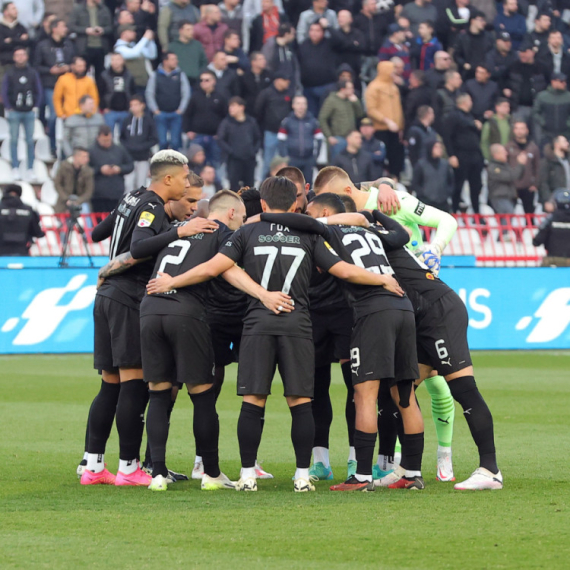


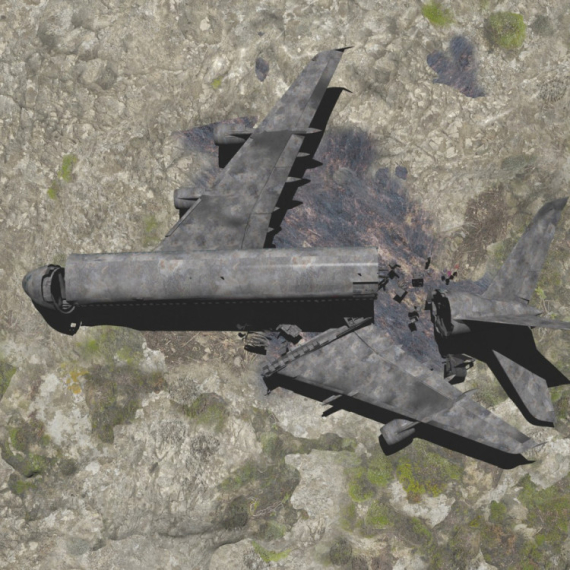

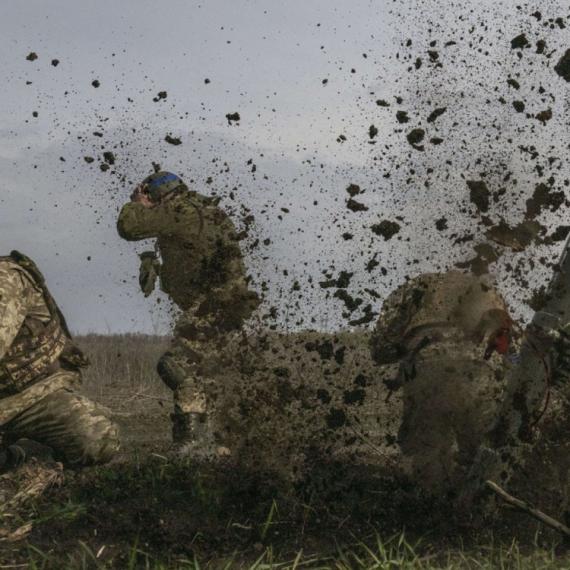
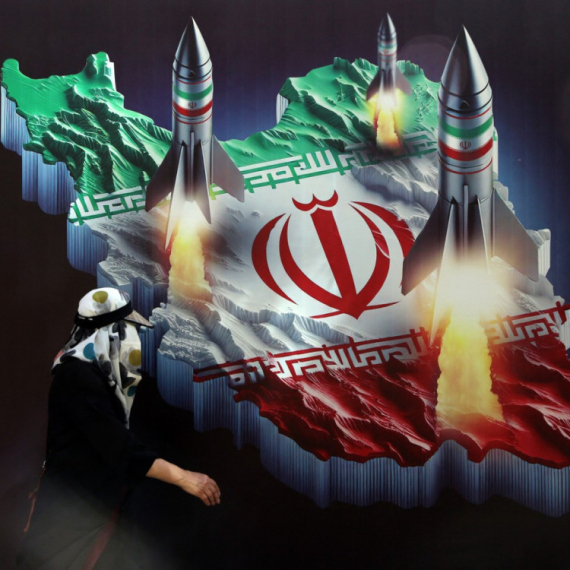
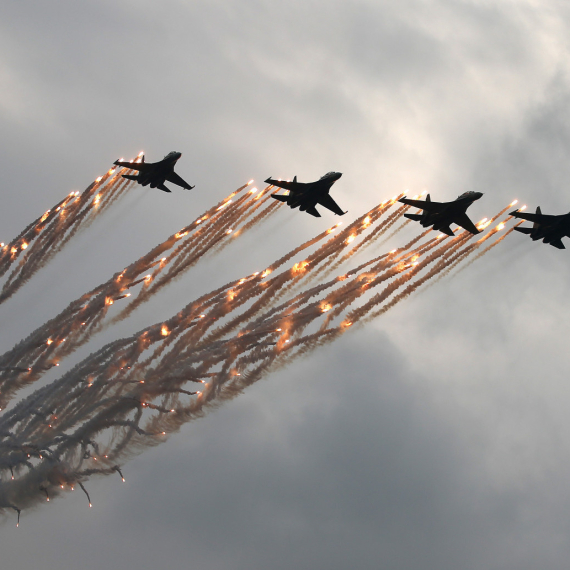
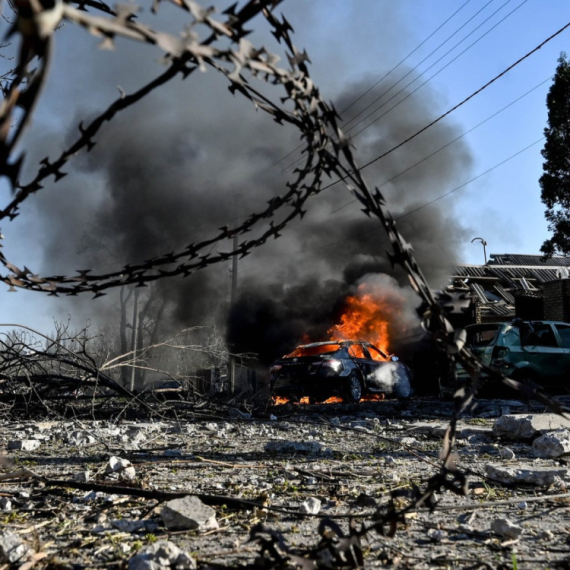

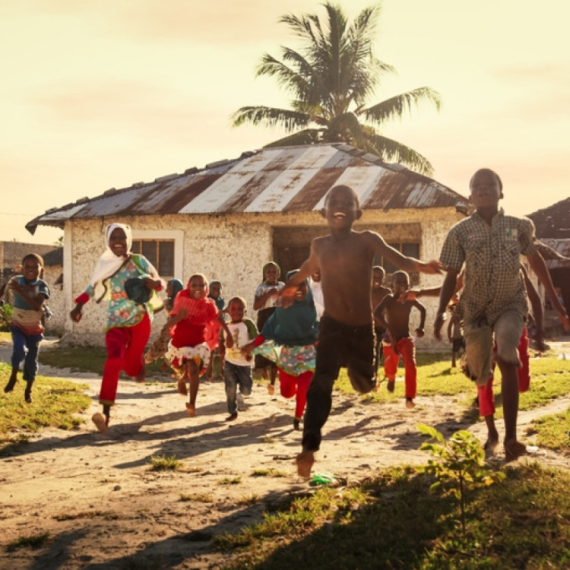





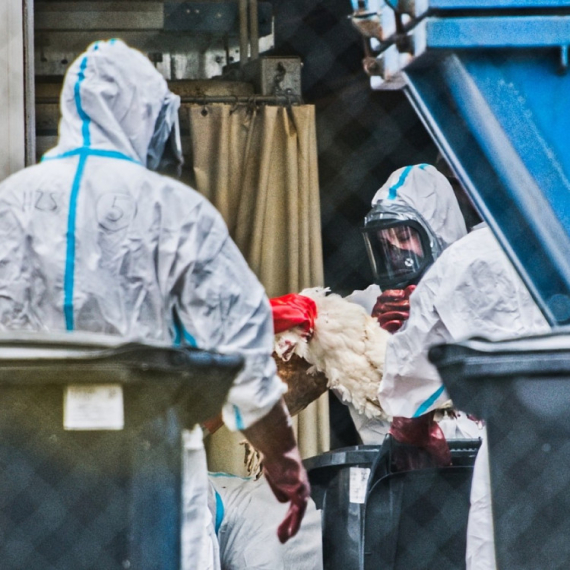











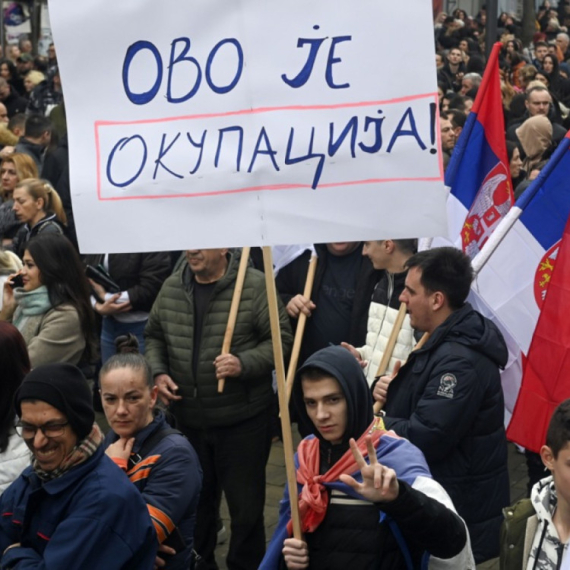
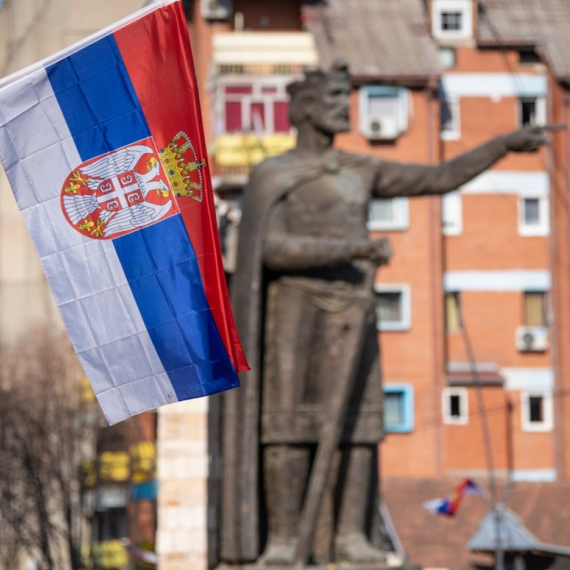
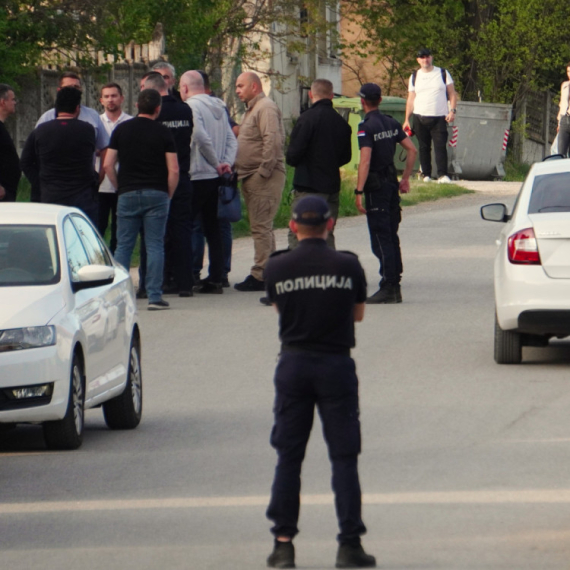

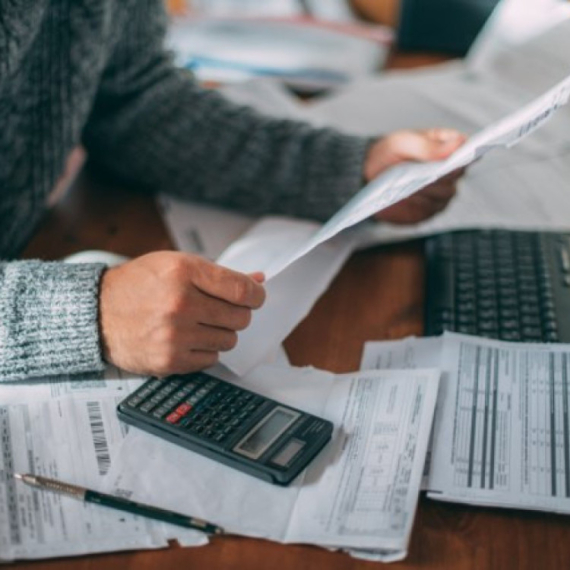




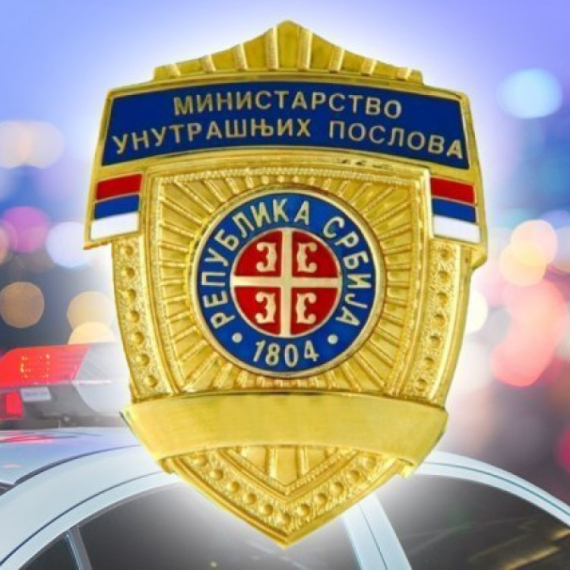



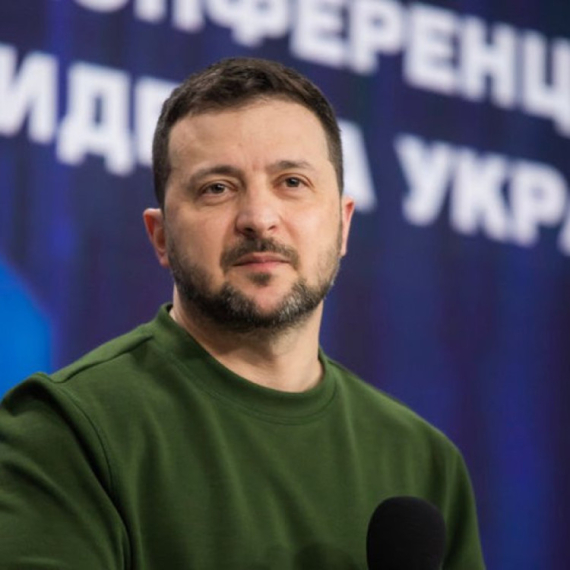
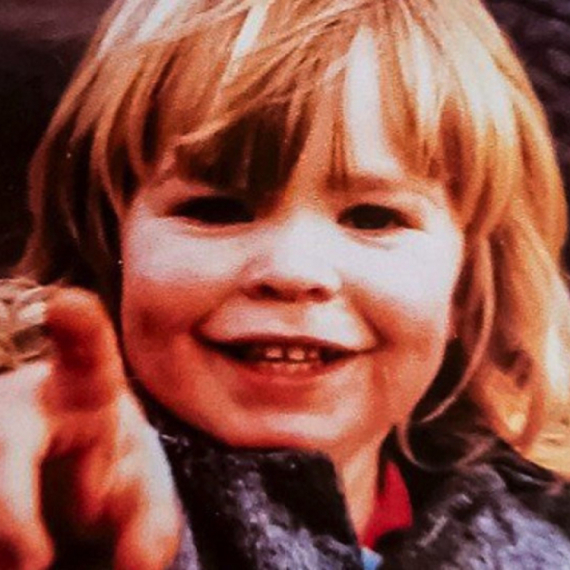
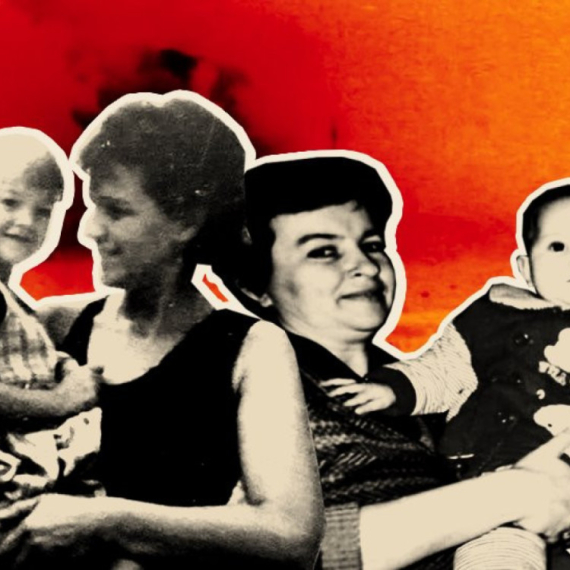

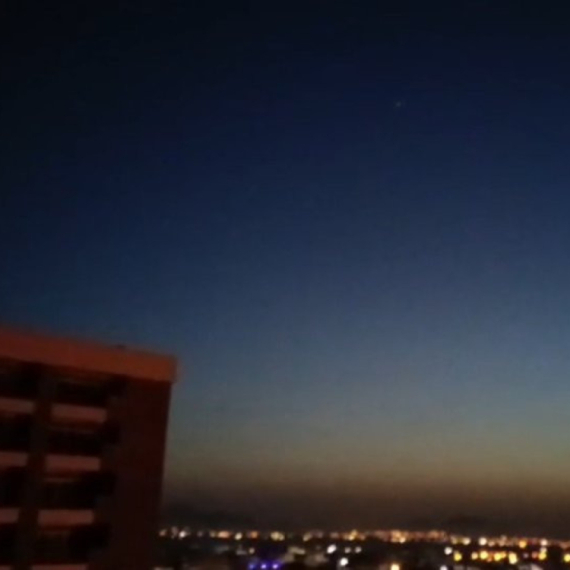

Komentari 13
Pogledaj komentare